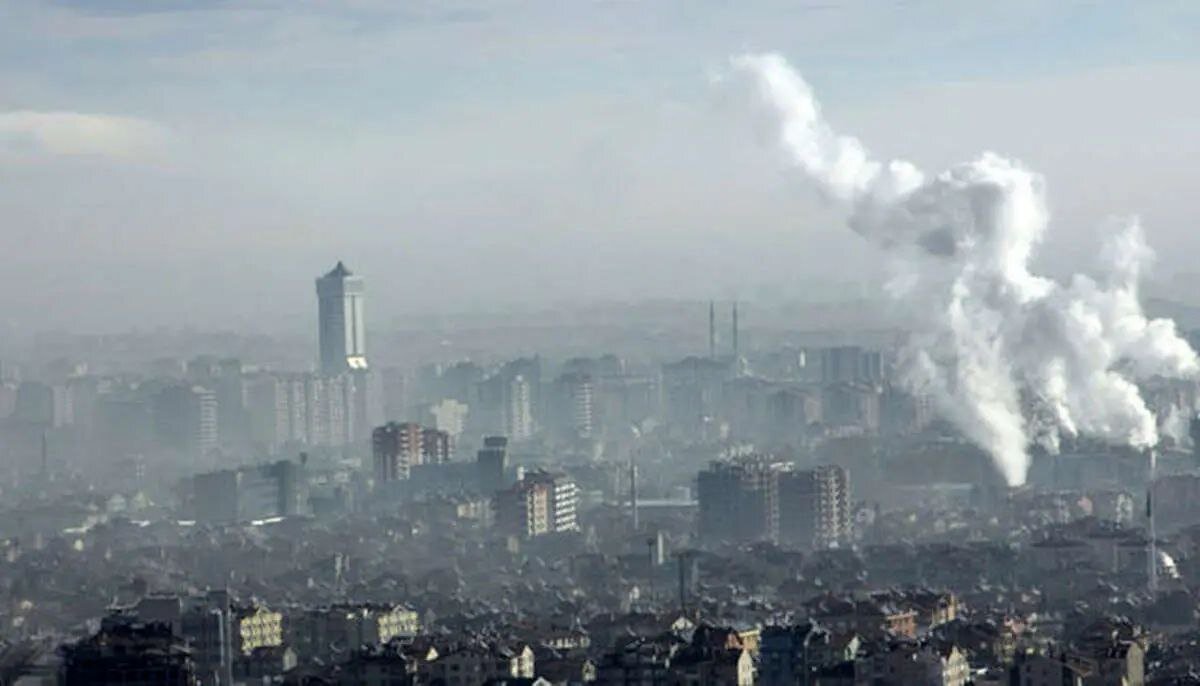DOE to review Clean Air Law

TEHRAN –The Department of Environment (DOE) is planning to review the Clean Air Law, enacted in July 2017, evaluating its effectiveness in meeting the desired goals.
Eight years after the law’s enactment, not only has the pollution not decreased, but it also gets worse in the cold season, ISNA quoted Sediqeh Torabi, an official with DOE, as saying.
The DOE is currently monitoring the implementation of the law to identify challenges and figure out if there are defects in its enforceability or the inefficiency of responsible organizations. Accordingly, the DOE will decide on the measures to be taken as well as the issues to be put on the agenda.
Air pollution is the second leading risk factor for death, causing around 8.1 million premature deaths annually from conditions such as stroke, heart disease, lung cancer, and acute respiratory infections.
As the biggest environmental health risk of the time, it also exacerbates climate change, causes economic losses, and reduces agricultural productivity.
It knows no borders – everyone has a responsibility to protect our atmosphere and ensure healthy air for all.
In August 2024, Shina Ansari, head of the DOE, stressed that adopting proper policies and monitoring their implementation is the main responsibility of the Department of Environment to deal with air pollution.
“Decommissioning of worn-out cars, improving the quality of fuels and vehicles, developing public transportation, providing resources, and reducing industrial emissions are among the key factors to deal with air pollution,” Ansari highlighted.
However, air pollution, as a major challenge in large and industrial cities, cannot be tackled in a short time, she added.
Clean Air Law
Air pollution is one of the main concerns of the government; Therefore, all organizations are obliged to act based on the Clean Air Law.
The Clean Air Law was supposed to be a solution to ease air pollution across the country. Still, the air is severely polluted, as the responsible bodies neglect their legal duties to implement the law.
The law has defined responsibilities for the Ministry of Interior, the Ministry of Oil, the Ministry of Energy, the Ministry of Transport and Urban Development, the Ministry of Industry, Mining, and Trade, the Ministry of Agriculture, the Department of Environment, the police, the municipality, the National TV, and some other organizations.
In this regard, according to the three-year plan of the Ministry of Oil, which was presented to the Department of Environment, the amount of sulfur in diesel fuel is supposed to be reduced to a great extent to meet the national standard.
The importance of having clean air is such that a week in the country is named after the Clean Air Week.
MT/MG
Leave a Comment